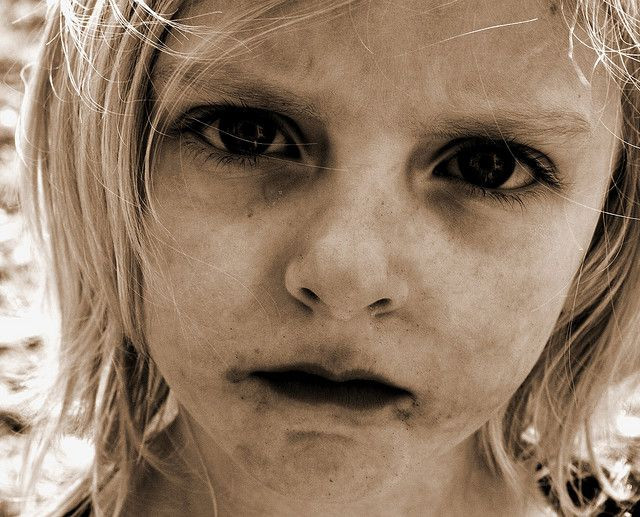Traumatic Childhood Incidents Could Put People At Risk For Premature Death

Children may seem unaffected by traumatic experiences, since short-term effects on their development and psychological well-being rarely appear, but a new study by the French National Institute of Health and Medical Research (INSERM) has found that children who had these experiences are more likely to die prematurely.
Examining data from the 1958 National Child Development Study, researchers looked at the death rates for over 15,000 people, and compared them to any incidences of childhood trauma that were recorded when the subjects were seven, 11, and 16 years old. Trauma was defined as spending time in care, being neglected by legal guardians, parental separation, and having a family member go to prison.
They found that traumatic childhood incidences correlated with an increased likeliness to die prematurely, and that the risk increased with more events. Women who experienced one negative incident by the time they turned 16 years old, were 66 percent more likely to die by age 50, compared to those who hadn’t experienced an event. Experiencing a second event bumped their risk up to 80 percent. The findings were similar among men, albeit a little lower. Those who experienced two traumatic incidents or more were 57 percent more likely to die before 50.
The researchers considered factors, such as alcohol and tobacco use, education, social standing, and psychological issues, but said that factors like suicide or drug addiction could have still contributed to premature deaths.
Children exposed to traumatic incidents aren’t only at risk for premature death either. Evidence has also pointed toward increased risks for diseases as adults, including depression, ischemic heart disease, liver disease, chronic obstructive pulmonary disease, and sexually transmitted diseases, according to the Centers for Disease Control and Prevention (CDC).
What’s more, traumatic incidents can also affect a child’s gene expression. A recent study found that people with post-traumatic stress disorder (PTSD) who had gone through an adverse childhood experience (ACE) were likely to exhibit more genetic alterations related to brain development and immune regulation than people with PTSD who developed the disorder later in life. Those who developed the disorder at a later age showed more changes in genes that regulated cell growth and promoted cell death.
State and local agencies receive more than three million child maltreatment referrals each year, according to the CDC, and an estimated 763,000 cases were confirmed in 2009. Preventing severe adversities is the key to ensuring better health among the population, researchers said.
“This work on early psychological trauma and premature death adds a whole new dimension to public health,” Professor Mel Bartley, of the ESRC International Center for Lifecourse Studies in Society and Health at the University College London, and co-author of the study, said in a statement. “Many people have suspected this but until now we have no had such high quality evidence from such a large cohort of people.”
Source: Kelly-Irving M, Lepage B, Dedieu D, et al. Adverse childhood experiences and premature all-cause mortality. European Journal of Epidemiology. 2013.



























